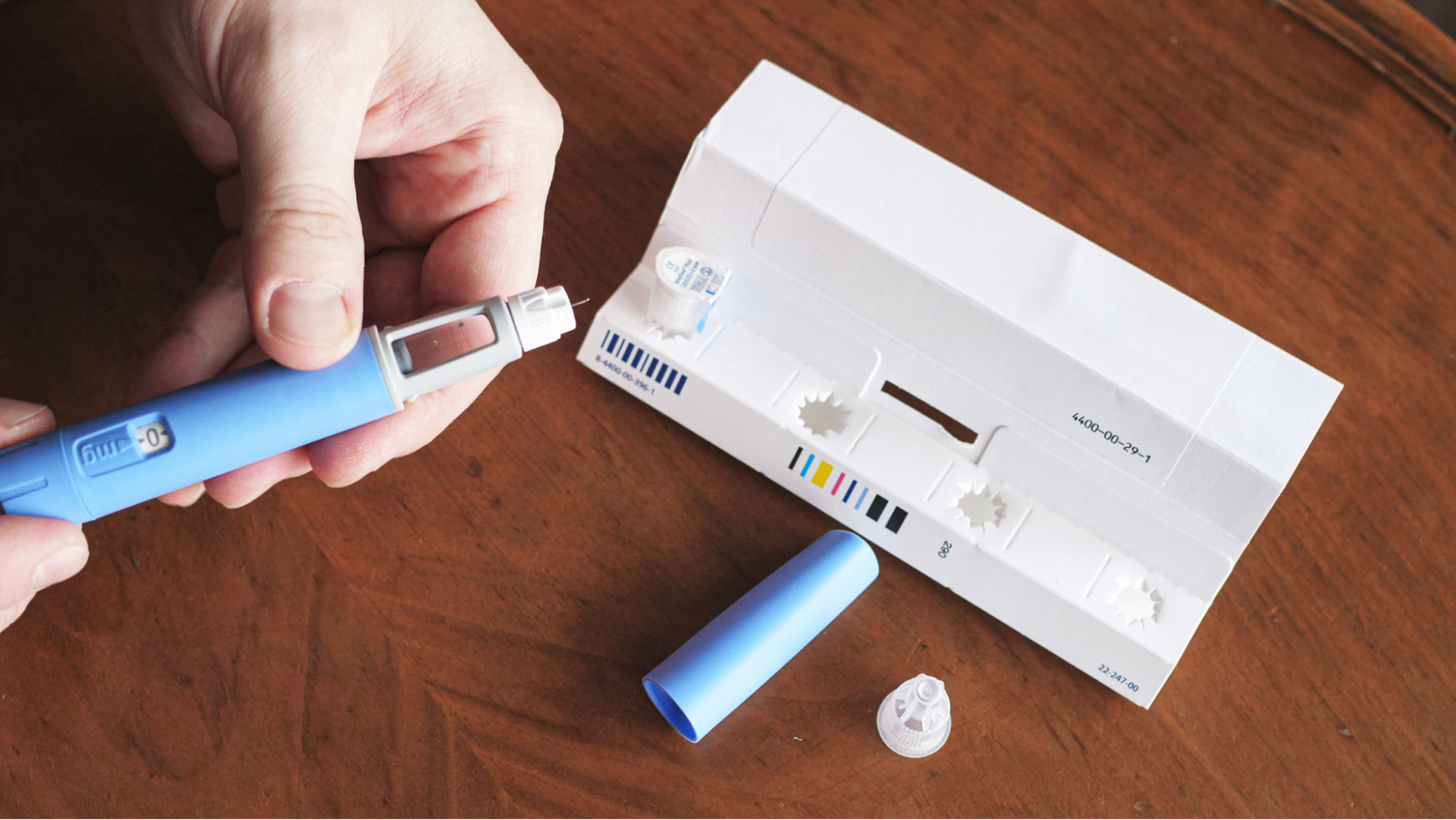Overcoming Barriers to Follow-Up After Bariatric Surgery
Why Follow-Up Care After Bariatric Surgery Is Essential
Bariatric surgery is a life-changing procedure that helps patients achieve significant weight loss and long-term health improvements. However, post-surgery follow-up appointments are just as important as the procedure itself. These visits allow your healthcare team to monitor progress, prevent complications, and make necessary adjustments to your diet, exercise, and overall health plan.
Despite the benefits, many patients face barriers to attending follow-up visits. Whether it's due to embarrassment, comparison to others, or a busy schedule, skipping these appointments can delay progress and impact long-term success.
Let's explore common obstacles patients face after bariatric surgery and why prioritizing follow-up care is crucial to maintaining your health and achieving your weight loss goals.
Barrier #1: Feeling Embarrassed or Not Meeting Expectations
Many patients worry they haven’t lost enough weight or that they are falling short of expectations. It’s natural to feel this way, but it's important to remember that:
- Every weight loss journey is different – Some patients lose weight faster than others due to differences in metabolism, lifestyle, and genetics.
- Your surgeon and healthcare team are here to support you – Follow-ups are not about judgment; they are about helping you succeed.
- Regular check-ins allow for adjustments – If progress is slower than expected, your healthcare provider can modify your nutrition, exercise, or medication plan to help you stay on track.
Instead of avoiding your follow-ups due to embarrassment, see them as an opportunity to get professional guidance and reassurance.
Barrier #2: Comparing Your Progress to Others
In the age of social media and online support groups, it’s easy to compare your progress to others. You might see someone else losing weight more quickly and feel discouraged. However, here’s why you should avoid comparisons:
- Weight loss varies from person to person – Factors like age, metabolism, medical conditions, and adherence to post-surgery guidelines affect results.
- Rapid weight loss is not always healthy – Losing weight too quickly can lead to muscle loss, nutritional deficiencies, and gallstones.
- Your journey is unique – Focus on your own progress and what’s best for your long-term health rather than short-term numbers.
Your follow-up appointments help personalize your weight loss strategy so you can achieve results in a safe and sustainable way.
Barrier #3: Thinking You Have Everything Under Control
Some patients feel they no longer need follow-up visits because they are losing weight steadily and have established a good routine. However, even if things seem to be going well, regular check-ups remain critical.
Why Ongoing Follow-Ups Are Important:
- Monitoring for nutrient deficiencies – Bariatric surgery affects nutrient absorption, and deficiencies in iron, vitamin B12, calcium, and protein can develop over time.
- Checking for complications – Issues such as gastroesophageal reflux, dumping syndrome, and surgical site complications may arise months or even years after surgery.
- Adjusting your health plan – As your body changes, you may need modifications to your diet, exercise routine, or medications to continue seeing progress.
Attending your follow-ups ensures you stay on the right path and maintain optimal health for years to come.
Barrier #4: A Busy Schedule
Between work, family, and daily responsibilities, it’s easy to feel like you don’t have time for follow-up appointments. However, skipping them can lead to long-term setbacks, including weight regain or preventable complications.
How to Make Follow-Up Care a Priority:
- Schedule appointments in advance – Set up follow-ups as soon as possible to ensure they fit into your routine.
- Consider telehealth options – Many healthcare providers offer virtual consultations, making it easier to check in from home.
- Think of it as an investment – These appointments are a small time commitment compared to the long-term benefits of staying on track with your weight loss journey.
Your health is just as important as any other commitment. Prioritizing your well-being will help you maintain the success of your surgery.
Barrier #5: Feeling Like the Surgery Didn’t Work
Weight loss plateaus can be discouraging, and some patients may feel like their bariatric surgery wasn’t successful. However, hitting a plateau is a normal part of the process and does not mean the procedure failed.
What to Do If You Feel Stuck:
- Reassess your habits – Your healthcare provider can review your eating patterns, activity levels, and lifestyle habits to identify areas for improvement.
- Explore additional support – Nutritional counseling, behavioral therapy, and support groups can provide valuable guidance.
- Consider medical interventions if necessary – In some cases, medications or surgical revisions may be options to help get you back on track.
Instead of giving up, use follow-up visits to develop a new plan and overcome any challenges in your journey.
Follow-Up Care: A Key to Long-Term Success
Your bariatric surgery journey doesn’t end after the procedure—it’s an ongoing process that requires commitment and support. By staying engaged with your healthcare team, you can maximize your weight loss, prevent complications, and maintain a healthier lifestyle for the long run.
If you’ve been putting off a follow-up appointment, now is the time to take the next step. Your health and success matter, and your bariatric team is here to support you every step of the way.
Schedule your follow-up appointment today!


















